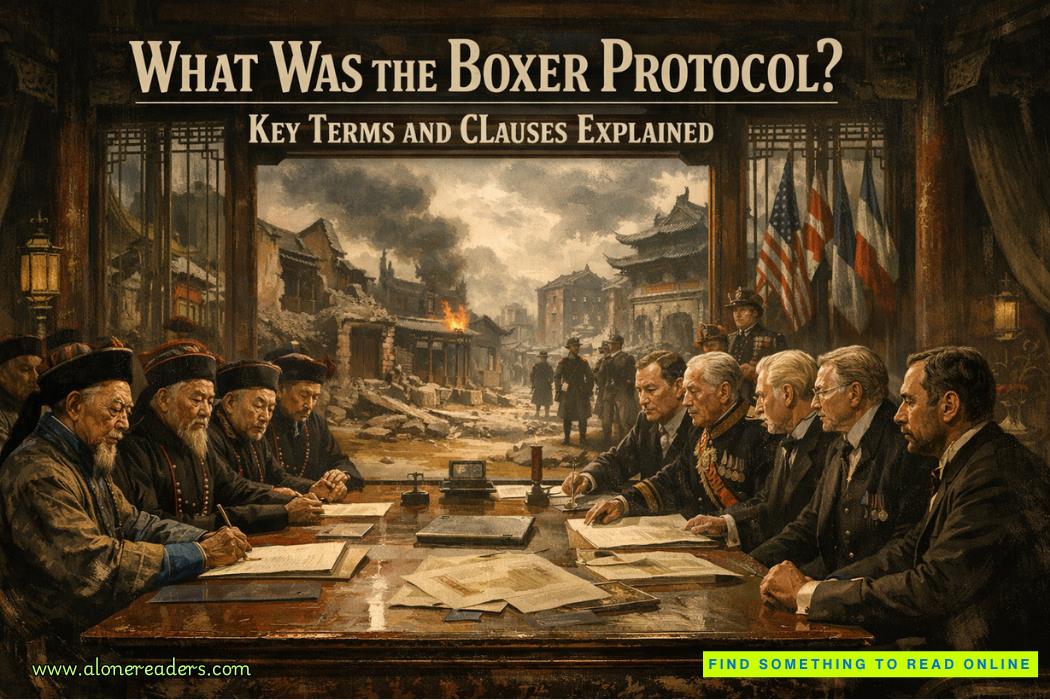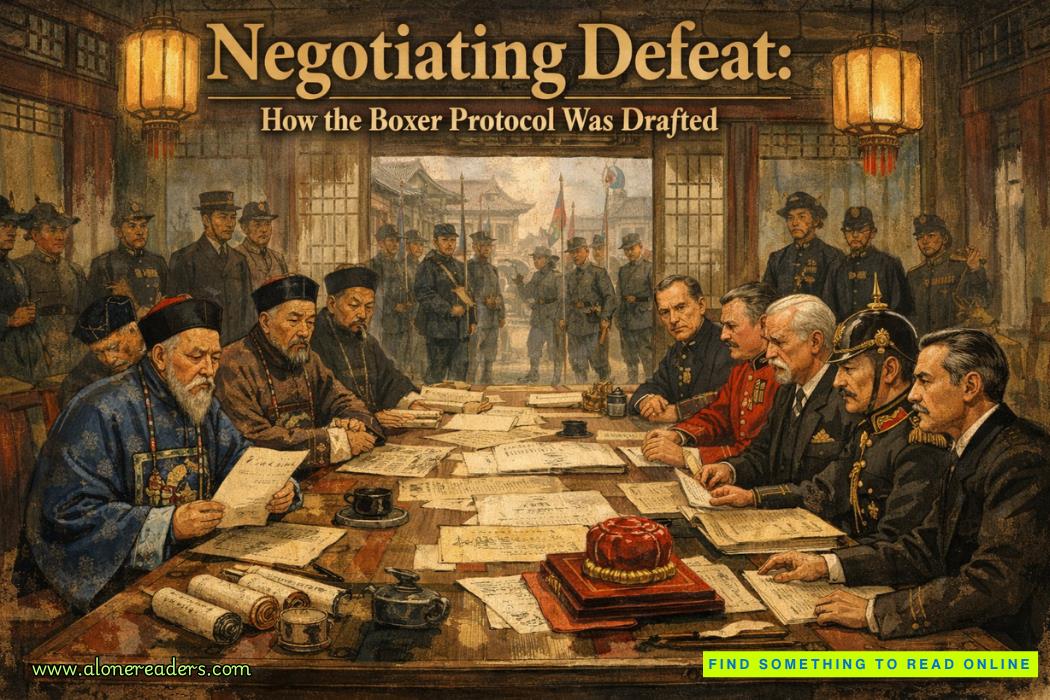He took issue with that at once, but she would not hear of anything else. Joseph was fully conscious by now. He looked about him, his eyes heavy with pain, but nodded when Libby asked him if he wanted to go home.
“I’ll be over in the morning to check on him,” the doctor said, handing her a black bottle. “Two drops only of this for the pain, and no more than three times a day.”
She pocketed the bottle. “I am coming back as soon as he is in bed,” she said. “I have to know what is going on. I want to know why your father holds so much hatred for my brother. ” She paused, searching for the right words. “It is as though he had a grudge against Joseph, but he never knew us before last year.”
“Do not come back tonight, Libby,” Anthony said finally, after he had helped her lift Joseph into the gig and tied her uncle’s hunter on behind it. “I’ll be after my gig in the morning. I think this evening will be a matter between my father and me.”
She did not argue, but took the reins from the doctor, steadying her brother, then turned toward home.
Candlow and the footman, full of questions, helped Joseph from the gig and carried him to his room. When Joseph was comfortable and his eyes closing in sleep, Libby took Candlow and the footman aside and told them all that had happened. She spoke calmly, dispassionately, and when she finished, she shook her head against their questions and went to her room.
Aunt Crabtree sat there. Without a word, Libby went to her side and knelt beside her on the floor, telling her the whole story. “My dear, this is grim, indeed,” Aunt Crabtree said. Libby nodded, amazed at her aunt’s serenity.
“I wish you had confided in me sooner,” was all Aunt Crabtree said. She rested her hand on Libby’s head. Libby closed her eyes in gratitude.
Aunt spoke finally, clearing her throat in that precise way of hers that for once did not irritate her niece. “Should I write to my brother, or your mother?”
“I will do it in the morning. Mama should know, of course. Perhaps I will send Joseph to her in Brighton. I have not proved much help to my brother this summer.”
“Should you go, too, my dear?”
“No,” Libby said emphatically. “I think Dr. Cook needs me here.”
Aunt Crabtree was silent. In another moment, she kissed Libby and told her to go to bed.
She fell asleep at once, even though the sky was still light with midsummer.
Joseph was much better in the morning, sitting up in bed, eating the gruel that Candlow brought him. He spit out a tooth on the spoon, and his cheek was still swollen, but he could speak.
“Dr. Cook said I would have a great scar, one of the marvelous, romantical kinds,” he said as Libby tugged out a pillow from behind his head and he lay down to rest. “Won’t Mother be amazed?”
“Amazed is not the word I would use, Joseph,” Libby said. “We’ll be fortunate indeed if she does not chain both of us to the front steps on a short leash.”
She finished her early-morning duties, picked up her long- neglected mending, and sat down to wait for Dr. Cook.
He did not come. After staring in exasperation at the clock, she went to the mantelpiece and gave the timepiece a therapeutic shake. After another hour of pacing back and forth and spending much time at the window, staring hard at the road, she rang for Candlow.
“Would you please ask Tunley to hitch up Dr. Cook’s gig? I think I had better return it. He appears to have been detained.”
The noonday sun was warm on her back as she drove slowly down the road. “How unlike you to forget an appointment, Dr. Cook,” she said.
She rang the bell several times before Mrs. Weller, her eyes red with weeping, answered it. She opened the door only a crack at first, then flung it wide when she saw who stood before her. Mrs. Weller pulled Libby inside and began to sob in good earnest. Libby clutched her hands.
“Miss Ames, I am glad you are here.”
“Is something wrong with Anthony?” she asked, her voice faraway in her ears.
Mrs. Weller could not look at her. “Something is wrong with everyone in this house, miss.”
Libby listened no more. She ran down the hall to Anthony’s surgery and threw open the door.
He sat in his chair, his stockinged feet on the desk, his eyes wide open, his expression more grim than she had ever seen before. “Libby,” he said, and held out his hand to her.
She was on her knees at his side in a moment, holding tight to his hand, taking in the exhaustion on his face—nothing new to her now, but somehow worse, because there was no hope in Anthony Cook’s always hopeful eyes. She stared at his rigid profile, thinking to herself that if he were to drive by any country lane like that, and wave to the children playing there, they would run from him.
She rested her cheek against his hand. “What has happened?”
He made a visible effort to collect himself, freeing his hand from hers and putting his feet on the floor. He had not changed his shirt or breeches. They were the same bloodstained garments he had been wearing the afternoon before. His face was unshaven, his hair wild, as though he had been tugging at it.















